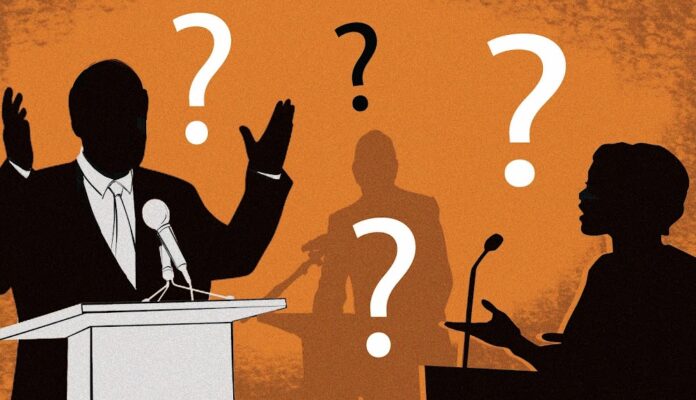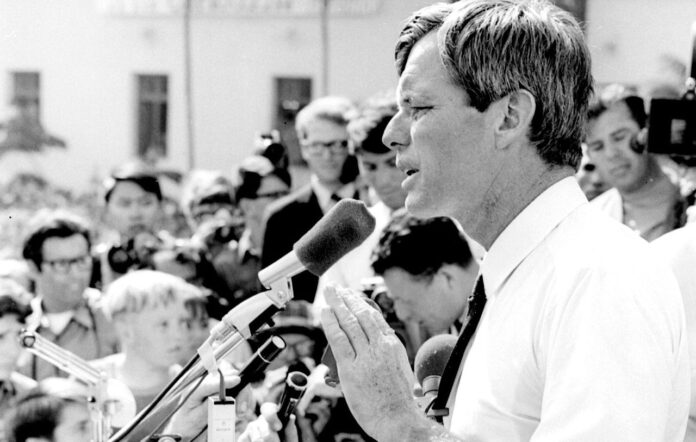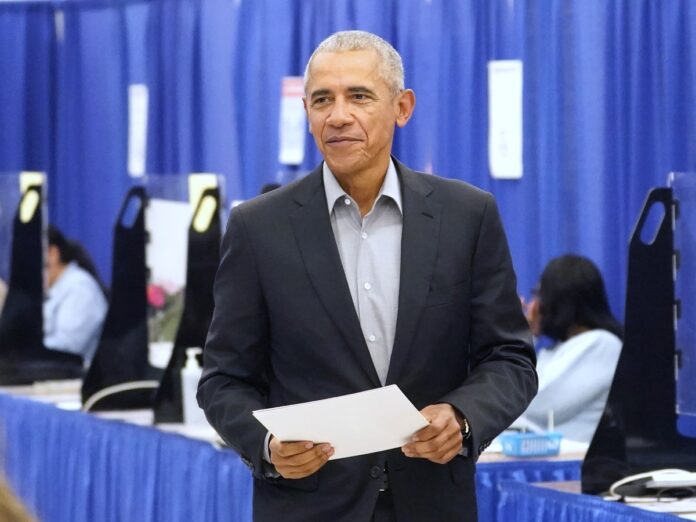Throughout history, the rousing speeches of leaders have moved nations, initiated revolutions, and charted the course of human events. These words have echoed across centuries, from the marble platforms of ancient Rome to the digital platforms of the 21st century, leaving indelible imprints on the pages of history. Yet, the credit for these transformative addresses often goes beyond the orators who delivered them, extending to the unsung heroes working tirelessly behind the scenes—the speechwriters.
The role of speechwriters has evolved significantly over time, from mere ghostwriters in the shadows to influential strategists shaping worldviews. From the eloquent prose of ancient Greece to the compelling narratives of modern politics, these architects of rhetoric have been instrumental in articulating visions, molding public sentiment, and driving transformative change. This article explores the history of modern American speechwriters, tracing their path from the 20th century to today’s digital age.

The 20th Century: A Turning Point for Speechwriters
The 20th century marked a turning point for the art of speechwriting, driven by advancements in mass media and the demand for more personal, relatable political communication. It was during this period that President Franklin D. Roosevelt’s “fireside chats” emerged as a beacon of empathy and connection amid the darkness of the Great Depression. The man behind these speeches, Samuel Rosenman, served as more than a writer, acting as a conduit for Roosevelt’s connection with the American people. Rosenman skillfully crafted language that transcended the boundaries of class and education, fostering a sense of unity and shared purpose.
These broadcasts illustrated the power of relatable and empathetic language in influencing public sentiment, marking a paradigm shift in political communication. The widespread reach and reception of these speeches emphasized the evolving role of speechwriters, transforming them from anonymous contributors to recognized architects of public discourse. This period in history witnessed the realignment of speechwriting from a backstage task to a key element of political strategy, with speechwriters playing a critical role in shaping the tone, content, and direction of political messaging.
Kennedy’s Era: A Step Towards Recognition
The presidency of John F. Kennedy marked a pivotal chapter in the history of speechwriting, taking it a step closer towards recognition. This era brought Theodore Sorensen, Kennedy’s speech writer, into the spotlight. Their collaboration led to some of the most memorable speeches in American history, including Kennedy’s inaugural address, where he uttered the famous line, “Ask not what your country can do for you – ask what you can do for your country.”
This speech, emblematic of Kennedy’s administration, was a result of a partnership that went beyond conventional writer-speaker dynamics. Sorensen was more than a ghostwriter; he was a trusted advisor and intellectual partner to Kennedy. He helped craft the president’s public persona and played a significant role in policy formulation. This period in history was transformative for speechwriting, as it emphasized the importance of the speechwriter’s role as a strategist, a policy influencer, and a shaper of the presidential voice.

Nixon’s Term: Speechwriters as Public Influencers
During Richard Nixon’s presidency, the role of speechwriters took a new turn. Nixon’s speech writer, William Safire, went beyond his traditional duties, significantly influencing public discourse through his regular column in The New York Times. His notable contributions include coining Vice President Spiro Agnew’s phrase “nattering nabobs of negativism,” showcasing the power of a speechwriter’s words in shaping public sentiment. Safire’s work, including his drafting of Nixon’s undelivered moon disaster speech, underscored the evolving role of speechwriters as influential figures in strategic political communication.
The Obama Era and Beyond: The Rise of the “Storytellers”
In the Obama era, speechwriters like actor and director Jon Favreau played a critical role in forming speeches that resonated globally, such as Obama’s impactful “A More Perfect Union” address. As the digital age advances, the sphere of speechwriting has expanded even further to encapsulate a new breed of “storytellers.” These modern speechwriters craft compelling narratives across various platforms, including TED Talks, corporate presentations, and influential social media campaigns, underlining the profound adaptability and continuing relevance of the art of speechwriting. Their work not only impacts immediate audiences, but also shapes broader cultural and societal narratives in our interconnected world.

Modern Times, Modern Technology
The rise of technology has fueled the demand for innovative forms of communication. As a result, speechwriters have embraced new mediums to reach and engage audiences in unprecedented ways. With the advent of virtual reality (VR) and augmented reality (AR), speechwriters are now exploring immersive storytelling experiences that transport listeners into vivid and interactive narratives.
By leveraging VR and AR technologies, one can create captivating speeches that go beyond the confines of traditional platforms. They can transport audiences to historical moments, allowing them to witness firsthand the significance of pivotal events. Through these immersive experiences, speechwriters are able to evoke emotions, foster empathy, and inspire action on a deeper level, fostering a more profound connection between the speaker and the audience.
Social Media: Information Overload
The influence of storytelling extends beyond individual speeches and presentations. In an era characterized by information overload and fragmented attention spans, effective storytelling has become a powerful tool for capturing and retaining audience attention. Skillful speechwriters harness the principles of storytelling to distill complex ideas into compelling narratives, making them more accessible and memorable to a wide range of listeners.
In the age of social media, viral content spreads like wildfire. Speechwriters have embraced the power of online platforms to amplify their messages. They employ strategic techniques to create shareable and impactful speeches that resonate with online communities. By crafting speeches that are concise, visually engaging, and emotionally resonant, these modern speechwriters can harness the collective power of social media to amplify their voices and reach audiences on a global scale.

Summary
The enduring influence of speechwriters throughout history demonstrates their pivotal role as unseen architects of leadership. Devising powerful narratives and driving transformative change, they have navigated the waves of societal progression, steering the discourse from the shadows. Their unsung contributions have left a lasting mark on American history and progress.




![Calgary’s Hottest Neighborhoods for Luxury Homebuyers [2024]](https://thewashingtonote.com/wp-content/uploads/2024/04/Calgary-324x160.png)



